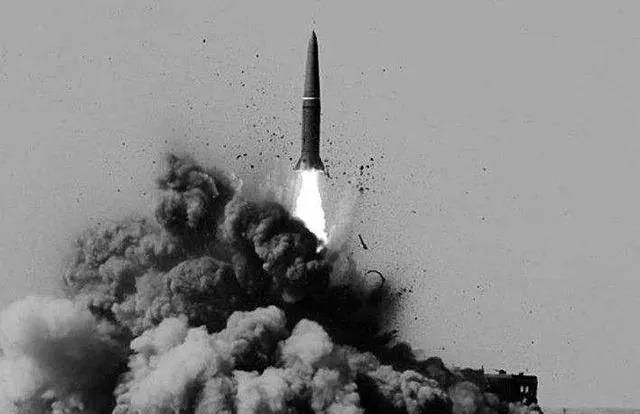Time back to September 26, 1983: "The American nuclear bomb will arrive in the Soviet Union in 27 minutes, and five nuclear bombs will be launched at the same time", which is the warning just issued by the Moscow nuclear bomb base. Everybody was stunned, and immediately panicked, and they all understood what that meant.

At this time, according to the work process, the head of the early warning base Petrov should immediately dial the special line and contact the superiors, which also means that the Soviet Union will launch a nuclear bomb to counterattack. World War III was on the verge of breaking out, but at this moment petrov was the only one who kept his mind in his tracks. After thinking about it, he asked why only satellite radars issued early warnings and ground-based radars did not respond. Second, the United States had at least a thousand nuclear missiles in a state of readiness at that time, and if the first round of launches were definitely more than five, the third was that five missiles were launched at the same location, and different locations should be selected according to military tactics for missile launches.
At this point, only ten minutes before the arrival of the bomb, the surrounding colleagues began to shout hysterically: why don't you dial the phone, and there is no chance to wait. Petrov stood at the center of the storm, insisting on a gamble of his own choice, that is, betting that the satellite warning had gone wrong and the United States had not moved, fortunately ten minutes later the alarm was lifted. At this time Petrov was wet with sweat. It was then discovered that satellite sensors had mistakenly evaluated the sunlight reflected from the clouds as missiles. After this incident Petrov did not become a hero, but was transferred from his post and quietly revealed to the outside world. It was not revealed until 1999 that he received the belated United Nations World Citizen Award.